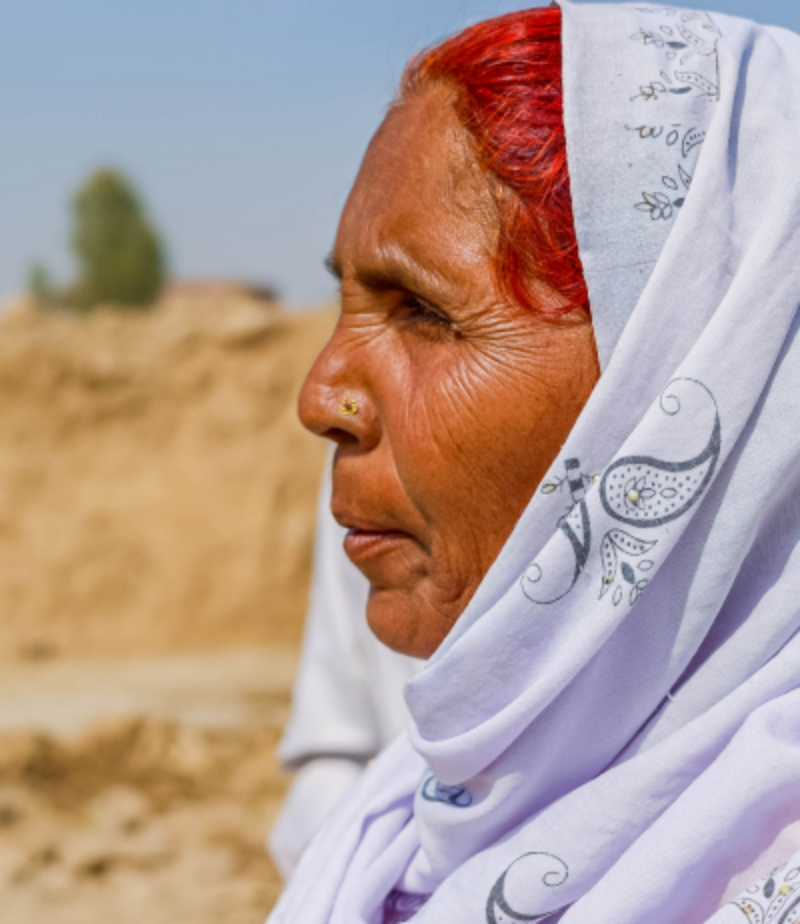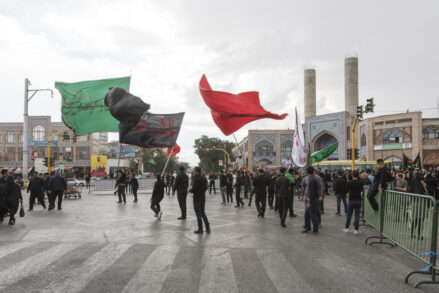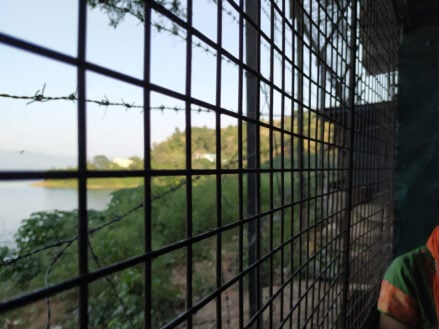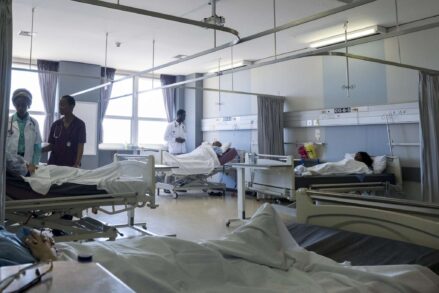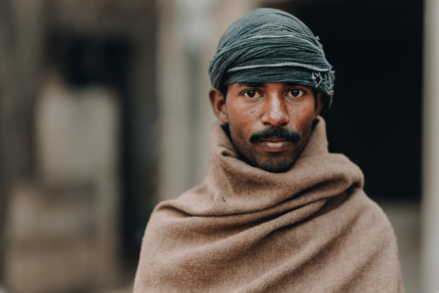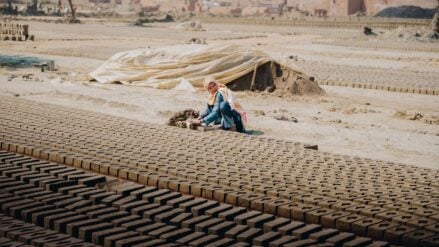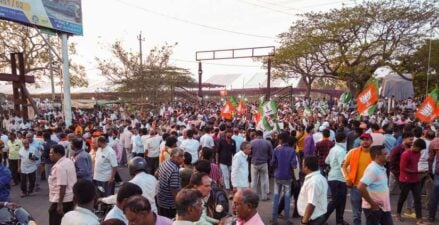Under the relentless afternoon sun, Sayad molds clay and straw into rows of bricks. Working in brick kilns since his youth, like his father before him, Sayad dreamed of a different future for his children—one filled with education and opportunities. Yet, at 65, he is still tethered to the kiln, laboring to pay off a debt that only grows.
Sayad and his wife, Ruth, part of Pakistan’s marginalized Christian minority, reside in a modest hut near the smoky kiln chimney. Their financial burden began over five decades ago with a loan taken during a family emergency. The kiln owner’s offer of money brought hope to Sayad, who believed that their hard work would suffice to repay it.
“We’ve spent our whole lives here,” Sayad reflects, his gaze heavy with resignation. “With what we earn daily, repaying the loan is an impossibility.”
The couple makes just a few dollars a day—a sum barely enough to cover food, let alone service their debt. In Pakistan’s bonded labor system, workers like Sayad take cash advances that bind families to the kilns indefinitely, with exorbitant interest rates and wage deductions perpetuating their servitude.
More than two million Pakistanis are caught in this cycle of debt. Predatory lending ensures that their balances swell rather than decline. Often, these bonded workers are minorities—Christians, Hindus or lower-caste Muslims—whose limited employment options and poverty leave them exposed to exploitation.
For years, Sayad and Ruth have survived on mere bread, tea and beans. They took further loans for medical emergencies and essentials, such as winter clothing for their children. As the interest compounded, Sayad faced the harrowing prospect of his debt outliving him: “After our death, this debt will pass to our children,” he laments with evident distress.
Amidst unyielding labor and poverty, the family found solace in small joys—sharing stories, celebrating weddings and holding fast to their faith, even as Christians faced increasing persecution in Pakistan through mob attacks and blasphemy accusations. Each night, Sayad’s prayers rose: “Only Jesus Christ will hear our prayers.”
However, this year marked a turning point for Sayad’s family. We returned to visit Sayad and Ruth, this time with a check to free them from bonded slavery, thanks to donations from Global Christian Relief supporters like you.
After we presented the check to the brick kiln owner and signed the papers, Sayad was full of gratitude. “First of all, we are deeply grateful to Jesus,” he shared, visibly moved.
Now emancipated from bonded labor, Sayad dares to hope for a different life. “It’s like freedom from slavery,” he says, a smile lighting up his face. “Our children can now pursue different paths.” Although the family remains impoverished, Sayad’s spirit is rejuvenated.
As the late afternoon shadows lengthen, Sayad readies to end his day, his fatigued muscles a reminder of the decades lost to this place. But there’s a new lightness in his step—a reflection of the burden lifted from his family’s shoulders.
Persecution for Christians in Pakistan continues, but due to the prayer and support of others, Sayad’s bond is broken, and his family is now free. Sayad’s prayers now reach for the heavens, praying for deliverance for those still ensnared by modern-day slavery around him.
“We are all one in Jesus Christ, whether in Pakistan or the US,” Sayad declares. “We are one church, one body.”
When asked how other believers around the world can pray for them, Sayad has a quick answer: “Please pray for our children, for their health and their future.”
Image caption: A joyful Sayad learns his debt will be erased.
About the author
Brian O. writes for Global Christian Relief. Each day he works to share the stories of the persecuted with the worldwide church. Get the latest stories and prayer requests at GlobalChristianRelief.org

